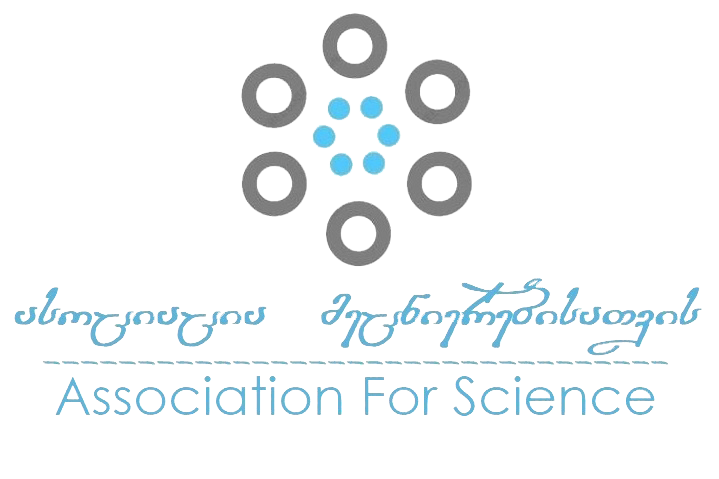Principles of linguistic analysis whilst working on a literary text
DOI:
https://doi.org/10.52340/sou.2023.19.01Keywords:
linguistic analysis, artistic text, syntactic constructions, innovative methodsAbstract
Creations of great writers could, if properly treated, stimulate creativity of students and development of critical thinking in them; furthermore, master a language on a native-like level. A qualitative method for the mini-research was used, and the tool was a step-by-step oral survey of the students revealed that in many cases the analysis of the text by the students was exhausted. It was completed by indicating a violation of the grammatical, morphological, syntactic, phonetic, semantic norms in the text. It is important to stress that working on a literary text surprisingly (at University level), was and still is being taught reduced to retelling according to the teacher’s own words and translation of endless list of vocabulary. In this perspective we offer principles of the linguistic analysis while working on the fiction text. They are based on different strategies and methods of the researchers and experts about factors that contribute to effective teaching to obtain the great treasure of linguistic information containing a literary text. The aim of this paper is to present the methodological principles and the mandatory types of exercises which should be taken into account directly in the linguistic analysis of a literary text taking into account the stages of language teaching. The present article is concerned with the method of philological analysis which is innovative and universal method of teaching-learning process. It implies some organization of working on a literary text and offers a sequence of assignments of a complex nature at the appropriate stage.
References
დანელია (2005): ი. დანელია, ინგლისურენოვან მხატვრულ ტექსტზე მუშ¬ა¬ო¬ბის მეთოდიკა უმაღლეს სასწავლებლების ენობრივ ფაკულტეტებზე, დისერტაცია, თბი¬ლი¬სი;
თევდორაძე (2016): ნ. თევდორაძე, ენათმეცნიერების შესავალი, თბილისი, ილიას სახელმწიფო უნივერსიტეტის გამომცემლობა;
ჯოხაძე (2008): ლ. ჯოხაძე, მხატვრული ტექსტი როგორც სტილისტურ-კონ¬ცეპ¬ტუალური სისტემა. გამომცემლობა „ხირონი“;
Collins COBUILD Dictionary of Idioms (2002). Harper Collins Publishers;
Walter (1982) Walter, C. Authentic Reading, Cambridge: Cambridge University Press;
Арнольд (2009): Арнольд И. В. Стилистика. Современный английский язык. Мо¬сква: Наука;
Голышкина (2000): Голышкина Л. А. Лингвистические основы интеграции ху¬до¬жественного текста в аспекте понимания, Автореферат дис. канд. пед. наук, Москва;
Николаева (1978): Николаева Т. М. Лингвистика текста, в кн. „Новое в зару¬бе¬ж¬ной лингвистике“, Вып. 8. Лингвистика текста, Ч. 8, Москва;



